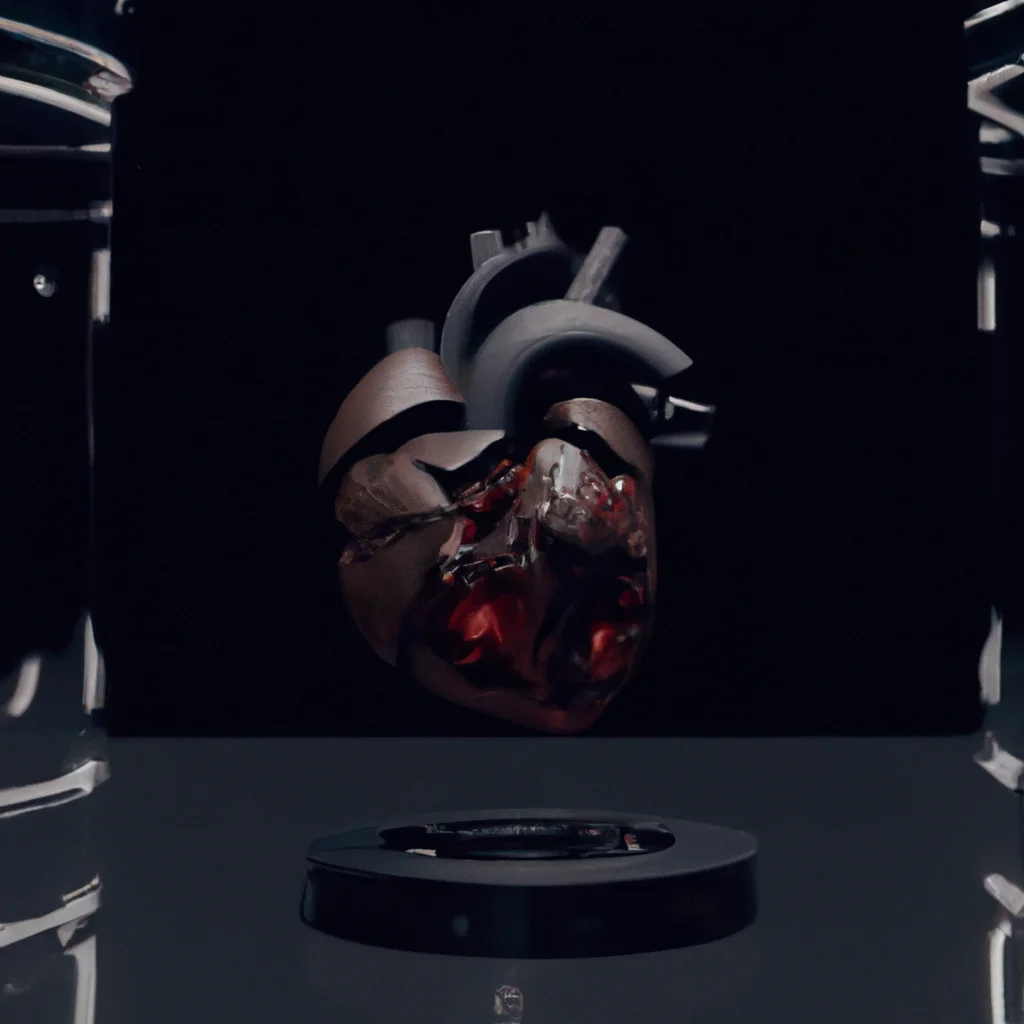How does an artificial heart work?


How does an artificial heart work?
The heart is a vital organ in the human body that pumps blood and oxygen throughout the body. However, cardiovascular disease and heart failure are some of the leading causes of death worldwide. While heart transplant is an option, the availability of suitable donors is limited, and not everyone is eligible for the procedure. That is why scientists have been working on developing an artificial heart that can replace a diseased heart and prolong the life of a patient. In this article, we will explore how an artificial heart works, its benefits, and limitations.
What is an artificial heart?
An artificial heart is a medical device that is used to replace a failing heart. It is designed to pump blood and perform the same function as a natural heart. An artificial heart can be used as a temporary or permanent solution to heart failure, depending on the patient’s condition.
How does an artificial heart work?
An artificial heart works by pumping blood through the body, just like a natural heart. It is made up of several components, including an inflow cannula, an outflow cannula, and a pump. The inflow cannula is connected to the left and right atria of the heart, while the outflow cannula is connected to the aorta and pulmonary artery. The pump is responsible for moving the blood through the system.
The pump of an artificial heart can be either pulsatile or continuous flow. Pulsatile pumps mimic the natural heartbeat by alternately contracting and relaxing, while continuous flow pumps maintain a constant flow of blood. Both types of pumps have their advantages and disadvantages, and the choice depends on the patient’s condition.
Benefits of an artificial heart
Artificial hearts have several benefits, including:
- Improved survival rates for patients with heart failure
- Reduced dependence on donor hearts
- Reduced wait times for heart transplants
- Improved quality of life for patients
- Reduced risk of rejection compared to heart transplants
Limitations of an artificial heart
While artificial hearts have several benefits, they also have some limitations, including:
- High cost
- Complications such as infection, bleeding, and blood clots
- The need for lifelong medication to prevent blood clots and infections
- The risk of mechanical failure
- The need for regular monitoring and maintenance
Medical technology and the future of artificial hearts
Advancements in medical technology have led to the development of more advanced artificial hearts. Scientists are currently working on developing fully implantable artificial hearts that do not require external components. These devices are expected to have fewer complications and a longer lifespan than current models.
Another area of research is the use of stem cells to regenerate damaged heart tissue. While this technology is still in its early stages, it has the potential to revolutionize heart disease treatment and reduce the need for artificial hearts and heart transplants.
Conclusion
In conclusion, an artificial heart is a medical device that is used to replace a failing heart. It works by pumping blood through the body, just like a natural heart. While artificial hearts have several benefits, they also have some limitations, including high cost, complications, the need for lifelong medication, and the risk of mechanical failure. However, advancements in medical technology are expected to lead to the development of more advanced artificial hearts that are safer and more effective.
Recent Posts
How do I create an engaging and informative online quiz or assessment?
Creating an engaging and informative online quiz or assessment can be a powerful tool for… Read More
What are the most effective methods for managing and reducing work-related stress in the hospitality industry?
Work-related stress is a common issue in the hospitality industry, where employees often face long… Read More
How can I improve my assertiveness and communication skills in a leadership position?
In a leadership position, assertiveness and effective communication skills are crucial for success. Being able… Read More
What are the key elements of a successful employee recognition and rewards program?
Employee recognition and rewards programs play a crucial role in motivating and engaging employees, as… Read More
How do I effectively manage and respond to customer feedback and reviews?
Customer feedback and online reviews play a crucial role in shaping a company's reputation and… Read More
What are the best strategies for effective time management as a stay-at-home parent?
Effective time management is crucial for stay-at-home parents who juggle multiple responsibilities on a daily… Read More